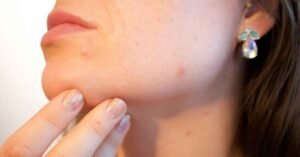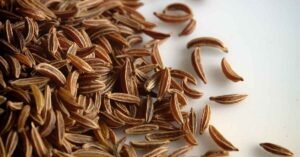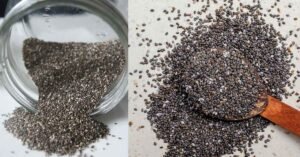
Bad teeth can affect more than just your smile – they can impact your confidence and overall health. If you’re dealing with dental issues like cavities, stains, or gum problems, don’t worry. In this post, we’ll go over the common causes of bad teeth and share easy tips to help you improve your oral health and get your smile back on track.
What Are Bad Teeth?
Bad teeth refer to teeth that are decayed, crooked, discolored, misaligned, or damaged. Having bad teeth isn’t just a cosmetic issue; it can lead to serious dental and overall health problems. Teeth problems can cause pain, bad breath, and even difficulty eating or speaking. They are often caused by poor oral hygiene, diet, or even genetics.
Common Causes of Bad Teeth
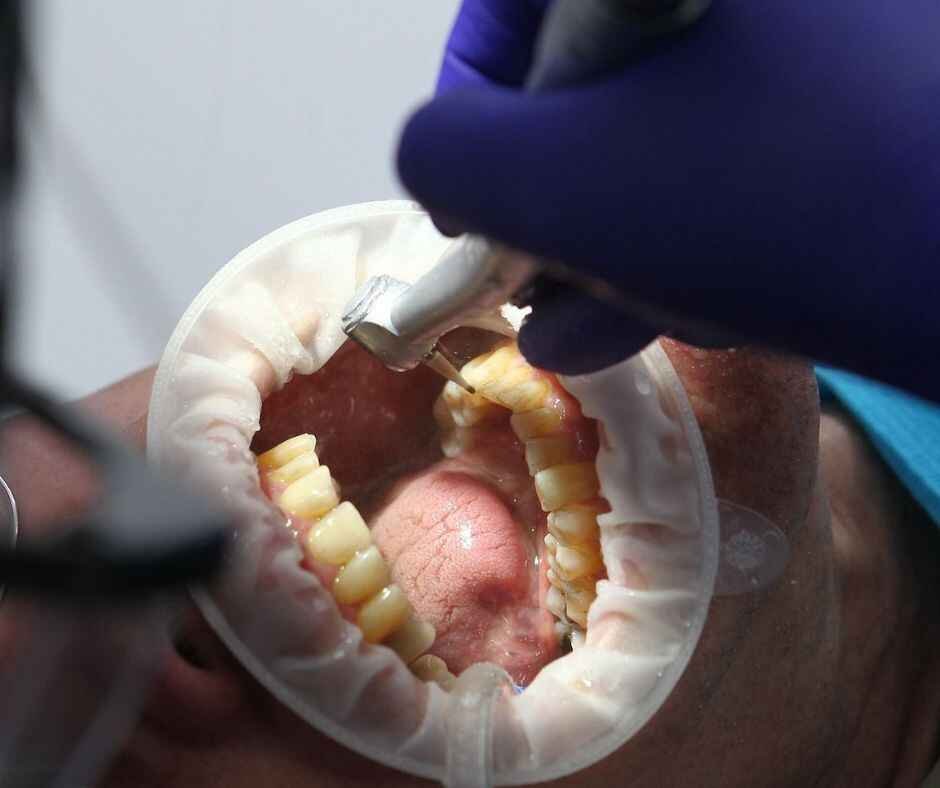
1. Poor Oral Hygiene
One of the leading causes of it is poor oral hygiene. If you don’t brush and floss regularly, plaque builds up on your teeth. Plaque is a sticky film that contains bacteria, which can damage the enamel and lead to tooth decay, cavities, and gum disease.
How to prevent:
Brush your teeth twice daily with fluoride toothpaste and floss daily. Regularly use mouthwash to reduce bacteria.
2. Diet High in Sugars and Acids
A diet rich in sugar and acidic foods is harmful to your teeth. Sugar feeds bacteria that cause cavities, while acidic foods and drinks (like soda or citrus) erode the enamel, making teeth vulnerable to decay and damage.
How to prevent:
Limit your consumption of sugary and acidic foods and drinks. Drink plenty of water after meals to rinse off leftover food particles and acid.
3. Genetics
Sometimes, bad teeth run in families. If your parents had crooked or weak teeth, you might also be prone to dental problems.
How to manage:
While you can’t change your genetics, regular dental checkups and proper care can help manage inherited dental risks.
4. Smoking and Tobacco Use
Smoking or using tobacco products stains your teeth and increases your risk of gum disease, tooth decay, and tooth loss.
How to prevent:
Quit smoking and avoid tobacco products to protect both your teeth and your gums.
5. Injury or Trauma
Accidents can lead to chipped or cracked teeth. If not treated, these injuries can worsen and lead to further decay or even tooth loss.
How to prevent:
Wear a mouthguard during contact sports or activities where your teeth may be at risk of injury.
6. Lack of Fluoride
Fluoride strengthens teeth and helps prevent cavities. If you don’t get enough fluoride from your water or toothpaste, your teeth may become more prone to decay.
How to prevent:
Use fluoride toothpaste and drink fluoridated water to keep your teeth strong.
Signs of Bad Teeth

1. Tooth Pain
Tooth pain is one of the first signs of bad teeth. The pain can be dull or sharp and may come and go. It’s often a sign of cavities, infection, or gum disease.
2. Bad Breath
Persistent bad breath, also known as halitosis, can be a sign of bad teeth. It’s usually caused by bacteria buildup in your mouth, particularly in the presence of decay or gum disease.
3. Bleeding Gums
Bleeding gums, especially when brushing or flossing, could indicate gum disease. Left untreated, gum disease can lead to tooth loss.
4. Discolored Teeth
Teeth that turn yellow or brown over time are common signs of bad teeth. Smoking, poor hygiene, or consuming stain-causing foods and drinks like coffee or red wine can cause discoloration.
5. Loose Teeth
Loose teeth are a serious sign of advanced gum disease or injury. If your teeth feel loose, you should visit your dentist immediately.
Effects of Bad Teeth on Your Health
It can lead to more than just dental problems. They can affect your overall health in several ways:
1. Heart Disease
Gum disease has been linked to an increased risk of heart disease. The bacteria from infected gums can enter your bloodstream and cause inflammation, potentially leading to cardiovascular issues.
2. Diabetes
People with diabetes are more prone to gum disease. Additionally, untreated gum disease can make it harder to control blood sugar levels, worsening diabetes.
3. Respiratory Issues
Bacteria from your mouth can travel to your lungs, leading to respiratory infections or worsening conditions like chronic bronchitis or pneumonia.
4. Digestive Problems
If you have bad teeth, it can be difficult to chew food properly, leading to digestive issues. Incomplete chewing can make it harder for your stomach to break down food.
How to Prevent Bad Teeth
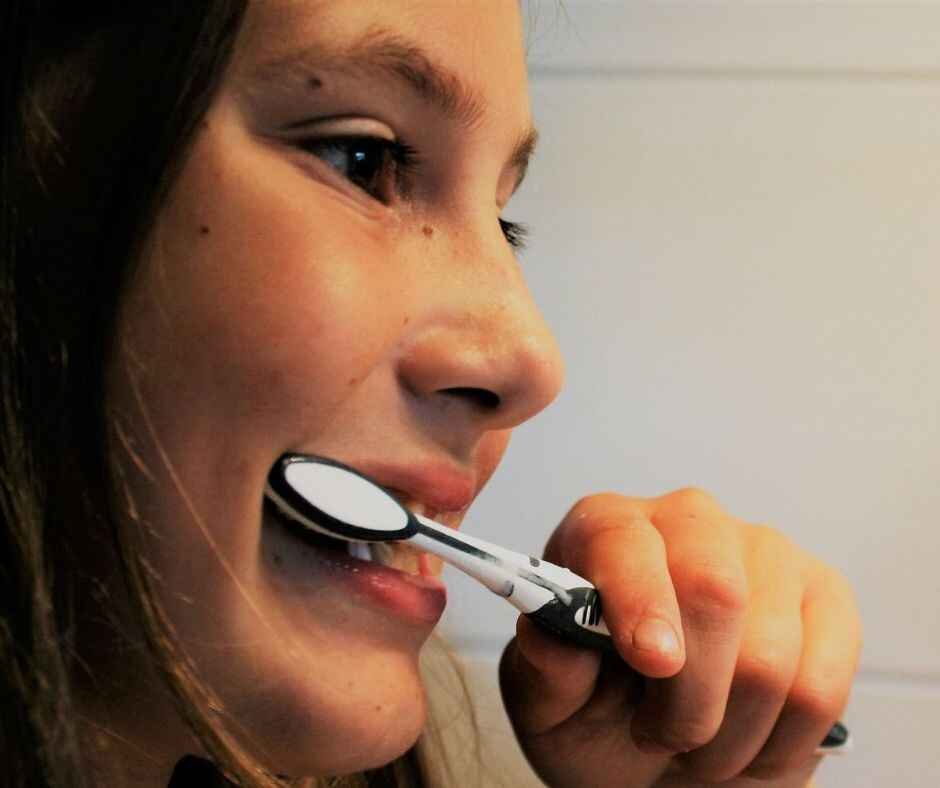
Preventing this problem is easy if you maintain good oral hygiene and make healthy lifestyle choices. Here are some steps you can take:
1. Brush and Floss Regularly
Brush your teeth twice a day for at least two minutes, and floss daily. This helps remove food particles and plaque that can lead to decay and gum disease.
2. Visit the Dentist Regularly
Regular dental checkups every six months can catch problems early, before they become serious. Professional cleanings can also remove plaque and tartar that brushing alone can’t handle.
3. Eat a Healthy Diet
A balanced diet low in sugars and high in nutrients can help keep your teeth strong. Foods rich in calcium, like dairy products and leafy greens, are especially good for your teeth.
4. Quit Smoking
If you smoke, quit as soon as possible. Smoking damages your teeth and gums and increases the risk of tooth decay and gum disease.
5. Limit Sugary and Acidic Foods
Cut down on sugary snacks and beverages. Drinking water instead of sugary drinks and eating less candy can significantly reduce your risk of cavities.
Treatment Options for Bad Teeth
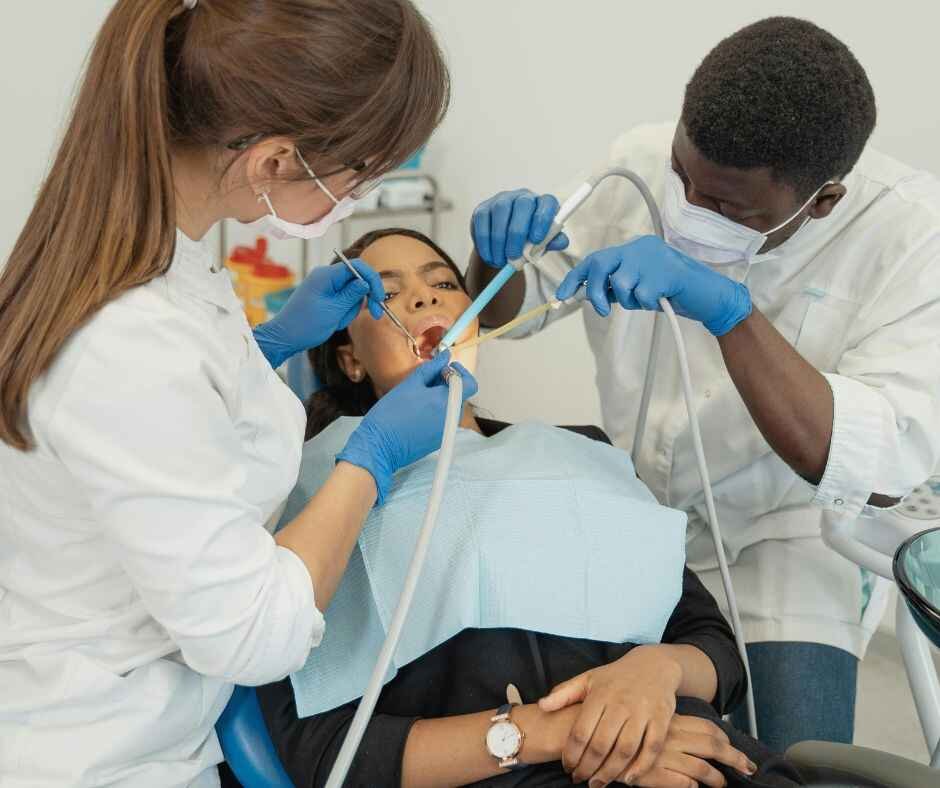
Even if you already have bad teeth, it’s never too late to take action. Several treatment options can restore your dental health:
1. Fillings
For cavities, a dentist can remove the decayed portion of your tooth and fill it with a material like composite resin, preventing further decay.
2. Crowns
If a tooth is too damaged for a filling, a crown can be used to cover and protect it. Crowns restore the tooth’s shape, size, and function.
3. Root Canal
If the pulp inside your tooth becomes infected, a root canal may be necessary. During this procedure, the dentist removes the infected tissue and seals the tooth.
4. Braces
For misaligned teeth, braces or clear aligners can correct alignment over time, improving both the function and appearance of your teeth.
5. Tooth Extraction
In extreme cases, a damaged tooth may need to be extracted. Afterward, options like dental implants or bridges can replace the missing tooth.
Home Remedies for Bad Teeth

If you’re dealing with bad teeth, there are several natural remedies that can help improve your dental health. While these home remedies should not replace professional dental care, they can be a good complement to regular oral hygiene practices.
1. Oil Pulling
Oil pulling is an ancient practice that involves swishing oil (typically coconut oil or sesame oil) in your mouth for 10-20 minutes. The oil helps to reduce harmful bacteria in the mouth, which can prevent cavities, reduce plaque, and improve gum health.
How to use:
- Swish 1 tablespoon of coconut or sesame oil in your mouth for 15-20 minutes.
- Spit out the oil, rinse with water, and then brush your teeth.
- Do this once a day, preferably in the morning.
2. Saltwater Rinse
A saltwater rinse is a simple and effective way to reduce inflammation, kill bacteria, and promote healing. It can help soothe gum irritation, relieve tooth pain, and reduce plaque buildup.
How to use:
- Mix 1/2 teaspoon of salt in a glass of warm water.
- Swish the solution in your mouth for about 30 seconds and spit it out.
- Use this rinse 2-3 times a day.
3. Baking Soda
Baking soda is a natural teeth whitener and a mild abrasive that can help scrub away plaque. It also helps neutralize acids in the mouth, reducing the risk of cavities.
How to use:
- Mix a small amount of baking soda with water to form a paste.
- Use this paste to brush your teeth gently for about two minutes.
- Rinse your mouth thoroughly with water afterward.
- Use this remedy 2-3 times a week, but avoid overuse to prevent enamel damage.
4. Clove Oil
Clove oil has been used for centuries to relieve toothaches and reduce inflammation. It contains eugenol, a natural anesthetic and antibacterial agent that can soothe tooth pain and kill bacteria.
How to use:
- Soak a cotton ball in clove oil and place it on the affected tooth.
- Leave it there for a few minutes, then remove it.
- You can also mix clove oil with a few drops of coconut oil and apply it to your gums.
- Use this remedy 1-2 times a day as needed for pain relief.
5. Turmeric Paste
Turmeric has anti-inflammatory and antibacterial properties that can help treat gum infections and reduce plaque buildup. It’s a natural remedy for improving oral health.
How to use:
- Mix 1 teaspoon of turmeric powder with water to make a paste.
- Apply the paste to your gums and teeth, letting it sit for a few minutes.
- Rinse your mouth with water afterward.
- Use this remedy 2-3 times a week.
6. Green Tea
Green tea contains antioxidants that can reduce inflammation and fight bacteria in the mouth. Drinking unsweetened green tea can help protect against cavities and gum disease.
How to use:
- Drink 1-2 cups of unsweetened green tea daily to improve your oral health.
- You can also use cooled green tea as a mouth rinse.
7. Aloe Vera
Aloe vera gel is another natural remedy with antibacterial and anti-inflammatory properties. It can help heal gum infections, reduce plaque, and soothe mouth sores.
How to use:
- Extract fresh aloe vera gel from an aloe plant.
- Rub the gel on your teeth and gums and leave it for 5-10 minutes.
- Rinse your mouth with water afterward.
- Use this remedy 1-2 times a day.
8. Hydrogen Peroxide Rinse
A hydrogen peroxide rinse can help whiten teeth and kill bacteria that cause bad breath and gum disease. It’s a mild antiseptic that can also help with mouth sores.
How to use:
- Mix equal parts of 3% hydrogen peroxide and water.
- Swish the mixture in your mouth for 30 seconds, then spit it out.
- Use this rinse 2-3 times a week but avoid swallowing it.
9. Chewing Raw Vegetables
Eating crunchy raw vegetables like carrots, celery, and apples can naturally clean your teeth. The act of chewing these fibrous foods helps scrub away plaque and stimulates saliva production, which neutralizes harmful acids in the mouth.
How to use:
- Include raw vegetables in your daily diet as healthy snacks that can also clean your teeth.
10. Neem
Neem has been used in Ayurvedic medicine for oral health for centuries. It has antibacterial properties that can reduce plaque buildup, fight gum disease, and prevent cavities.
How to use:
- You can chew on neem sticks or use neem-based toothpaste.
- Alternatively, boil neem leaves in water, cool the solution, and use it as a mouth rinse.
Final Thoughts on Home Remedies
While these home remedies can help improve your dental health and alleviate some symptoms of bad teeth, they are not a replacement for professional dental care. If you are experiencing severe pain, tooth decay, or gum disease, it’s essential to visit a dentist for proper treatment. Regular dental checkups and cleanings, along with these home remedies, can help you maintain a healthy smile and prevent bad teeth from becoming a bigger problem.
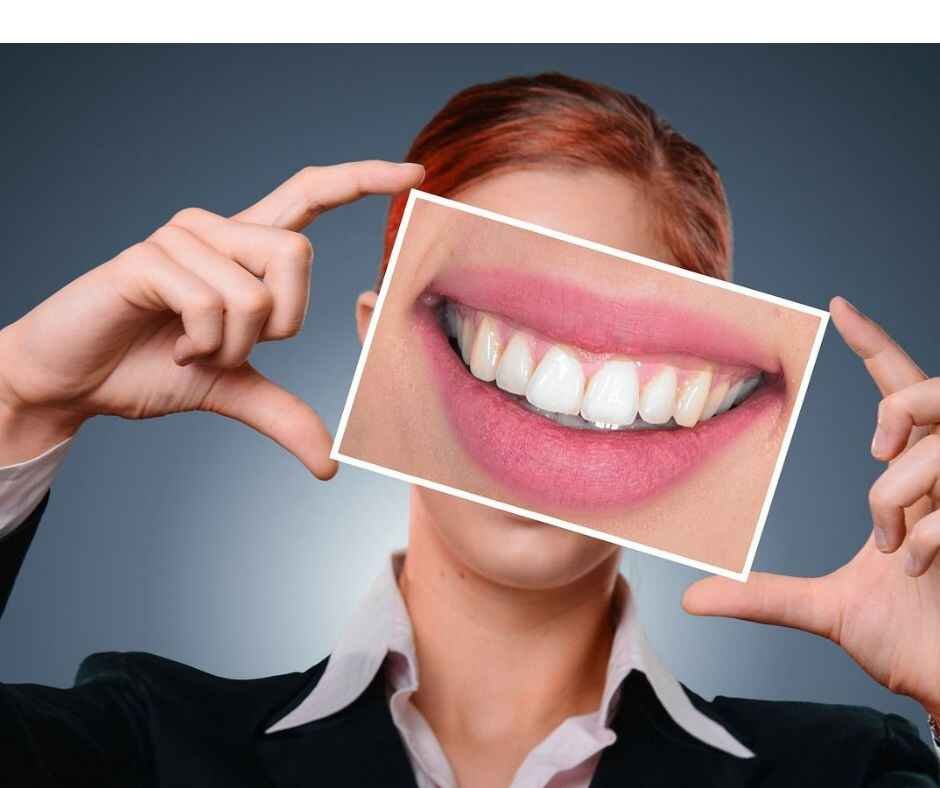
Conclusion
Bad teeth don’t just affect your smile; they can lead to serious health issues if left untreated. By maintaining good oral hygiene, visiting your dentist regularly, and making healthy lifestyle choices, you can prevent and treat it. Don’t wait for dental problems to worsen—take care of your teeth now for a healthy, confident smile.
References
- American Dental Association. “Oral Health and Overall Health: A Guide to Healthy Teeth.”
- Mayo Clinic. “Dental Health: Gum Disease and Its Link to Overall Health.”
Frequently Asked Questions (FAQs)
1. Can bad teeth affect my overall health?
Yes, it can cause health problems like heart disease, diabetes, and respiratory infections due to the bacteria from your mouth entering your bloodstream.
2. How can I prevent bad teeth?
Brush twice a day, floss daily, visit your dentist regularly, and avoid sugary foods and drinks. A balanced diet and quitting smoking also help.
3. Can bad teeth be fixed?
Yes, it can be treated with fillings, crowns, root canals, braces, or tooth extraction, depending on the issue.
4. How often should I visit the dentist?
It’s recommended to visit your dentist every six months for a checkup and cleaning.
5. Can bad teeth cause bad breath?
Yes, it can lead to bad breath due to bacteria buildup, especially if there is decay or gum disease.
6. What foods should I avoid to prevent bad teeth?
Avoid foods and drinks high in sugar and acid, like candy, soda, and citrus fruits, as they can damage tooth enamel and promote decay.
7. Can bad teeth lead to tooth loss?
Yes, untreated decay, gum disease, or trauma can lead to tooth loss if not addressed in time.


